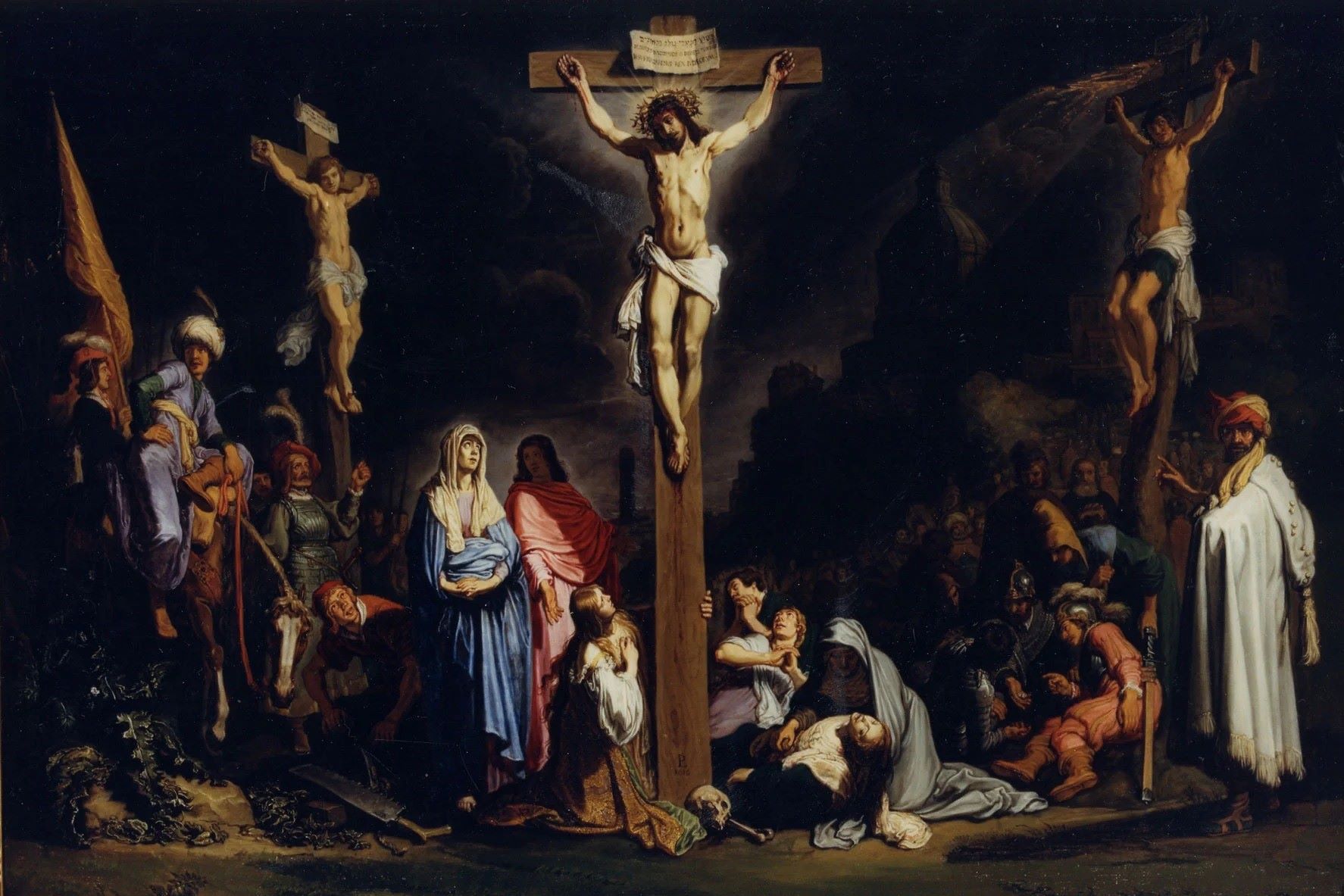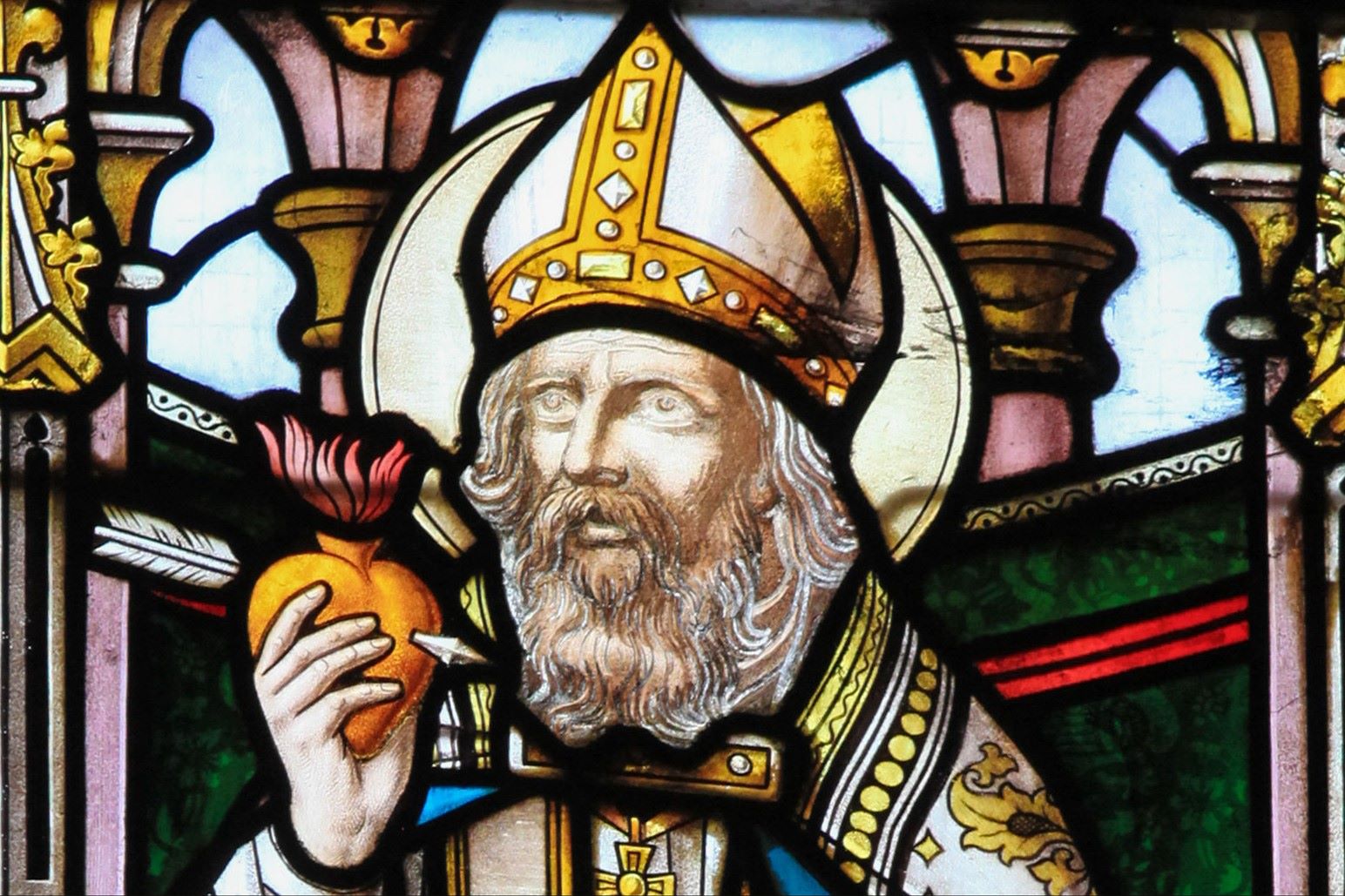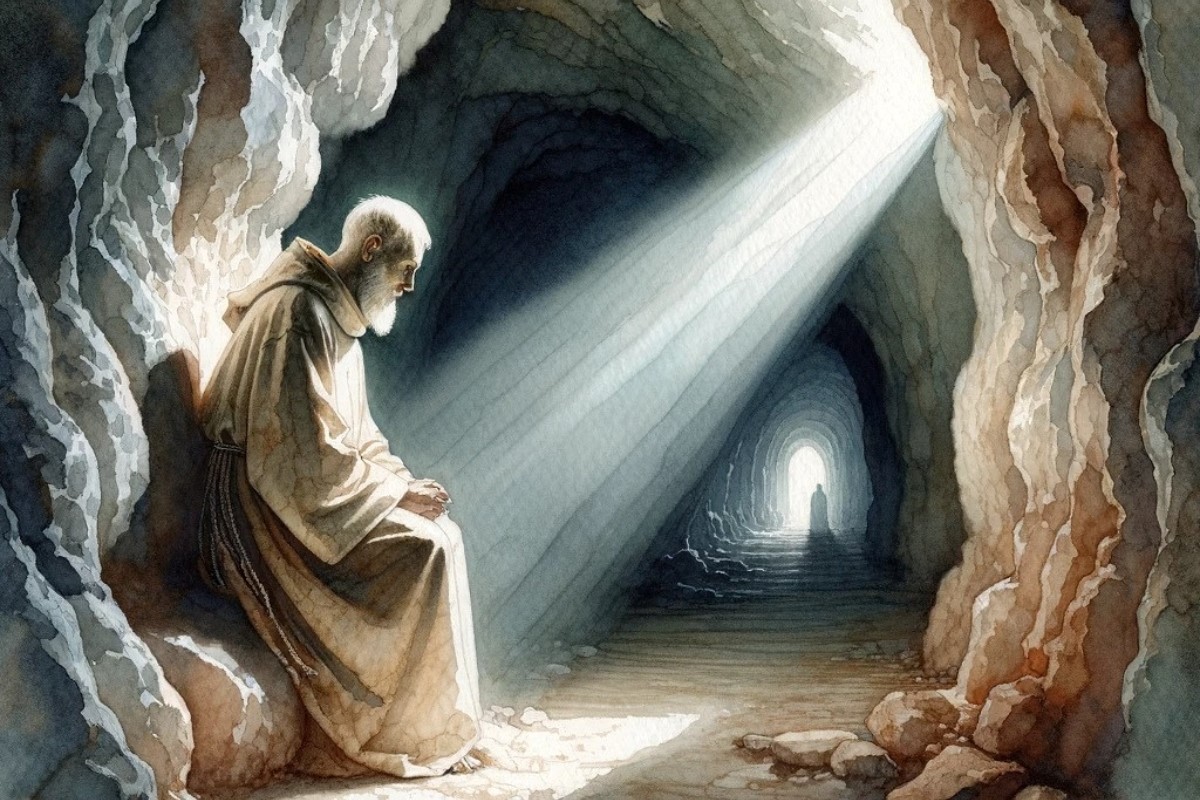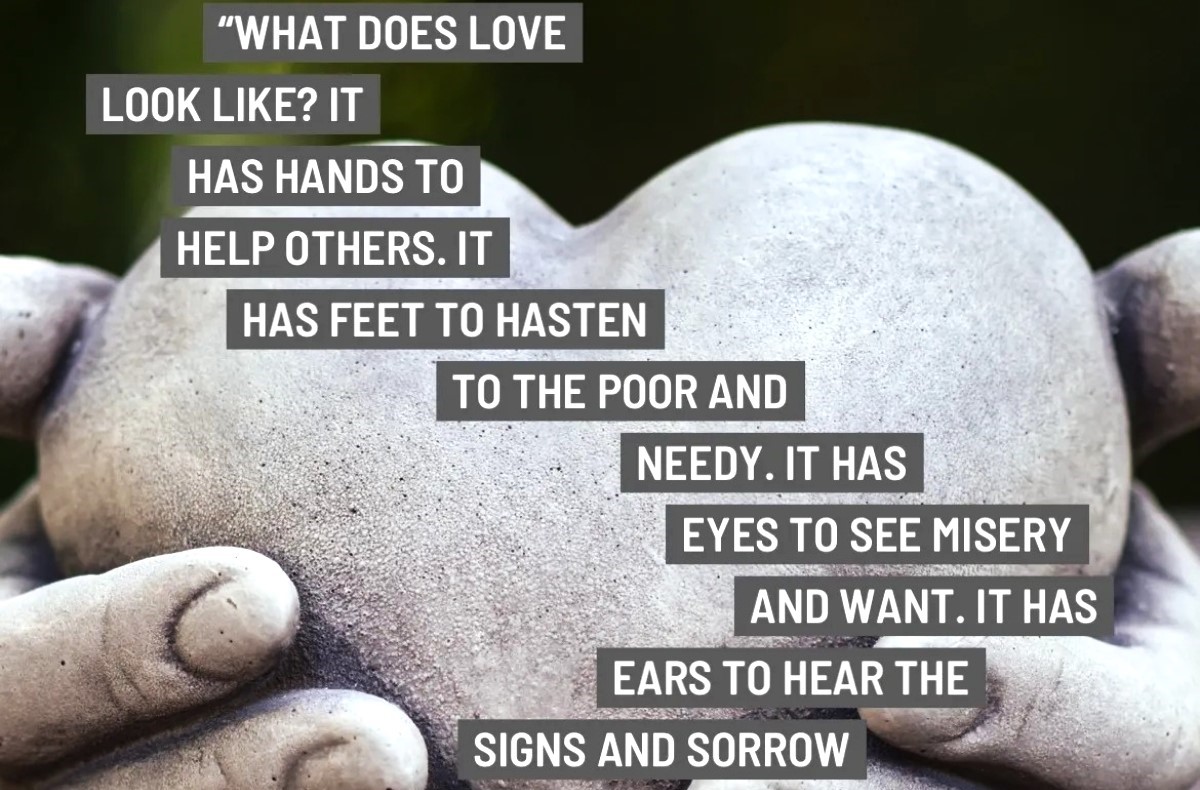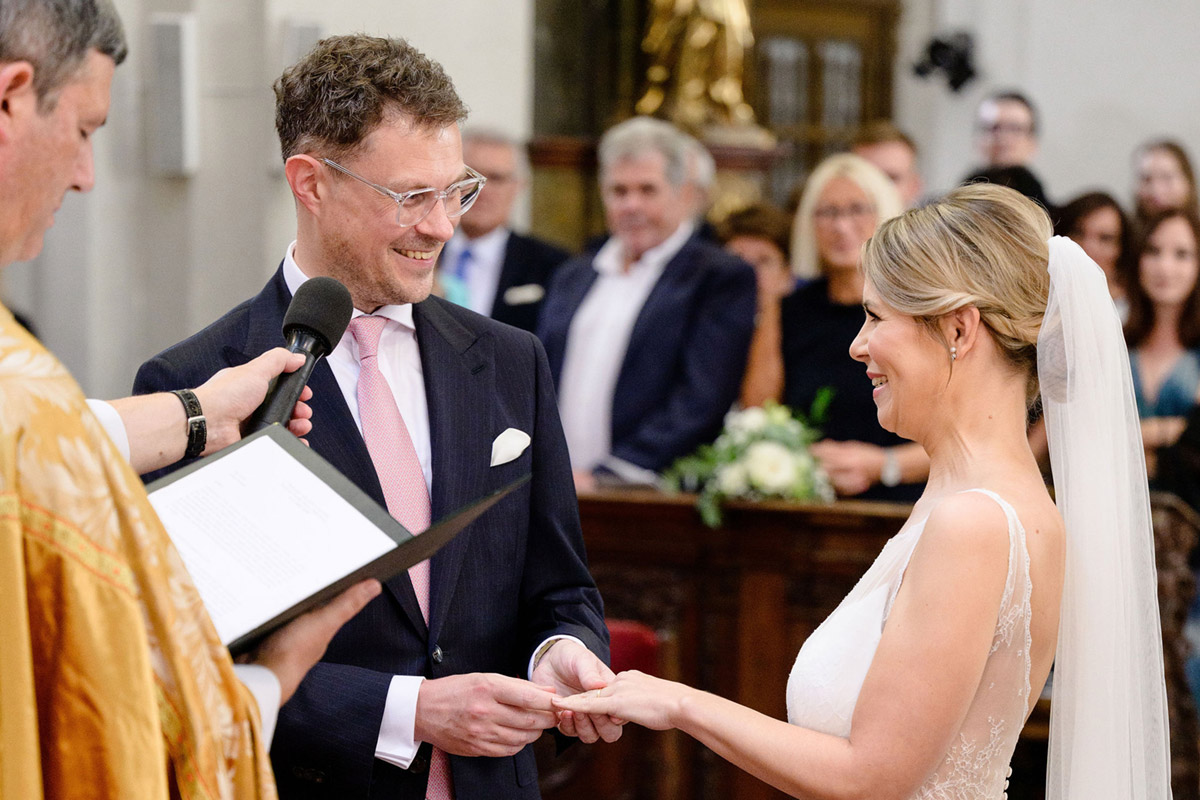Home>Theology and Spirituality>What Does Augustine Regret About His Time As A Law Student In Carthage
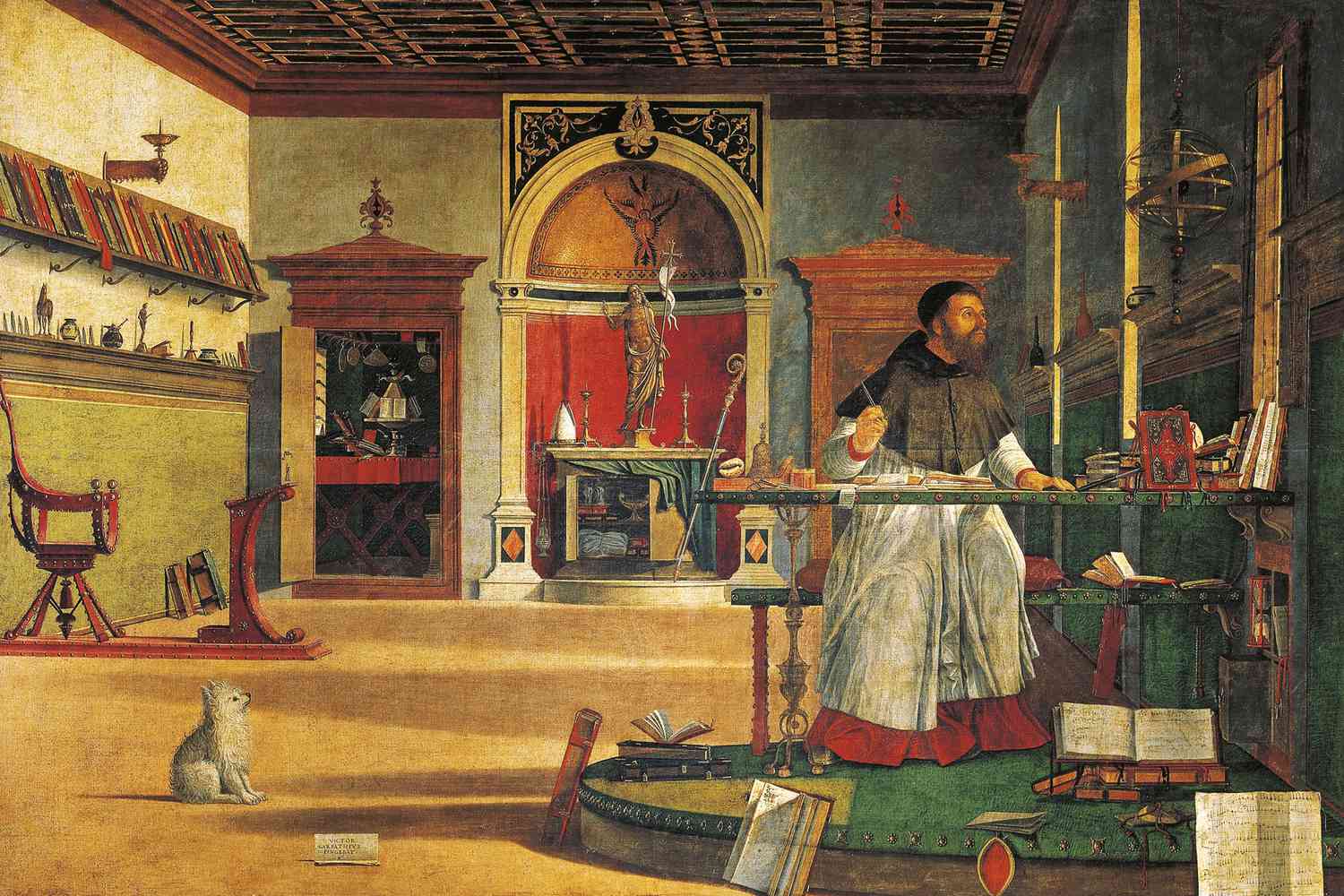

Theology and Spirituality
What Does Augustine Regret About His Time As A Law Student In Carthage
Published: February 10, 2024
Peter Smith, Editorial Director at Christian.net, combines deep insights into faith, politics, and culture to lead content creation that resonates widely. Awarded for his contributions to religious discourse, he previously headed a major organization for religious communicators, enhancing dialogue on faith's societal impacts.
Discover Augustine's regrets about his time as a law student in Carthage and delve into the intersection of theology and spirituality. Explore his journey and insights.
(Many of the links in this article redirect to a specific reviewed product. Your purchase of these products through affiliate links helps to generate commission for Christian.net, at no extra cost. Learn more)
Table of Contents
Introduction
Augustine of Hippo, a towering figure in the history of Christianity, is renowned for his profound theological writings and influential philosophical contributions. However, before his conversion to Christianity, Augustine embarked on a tumultuous journey that led him to pursue a career in law. His time as a law student in Carthage, a vibrant and cosmopolitan city in the Roman Empire, played a pivotal role in shaping his worldview and spiritual development.
During this formative period, Augustine grappled with the allure of worldly pleasures and the pursuit of knowledge. His experiences as a young scholar in Carthage laid the groundwork for his later reflections on the transient nature of earthly pursuits and the enduring quest for spiritual fulfillment. As we delve into Augustine's regrets and reflections on his time as a law student, we gain valuable insights into the inner struggles and transformative journey of one of the most influential theologians in Christian history.
The vibrant backdrop of Carthage, with its bustling streets and diverse intellectual milieu, provides a compelling setting for understanding Augustine's early aspirations and the societal influences that shaped his ambitions. As we explore Augustine's decision to study law and the impact of Carthage on his formative years, we uncover the intricate tapestry of his intellectual and spiritual evolution.
In the subsequent sections, we will delve into Augustine's motivations for pursuing a legal education, the profound influence of Carthage on his philosophical outlook, and the poignant reflections that emerged from his later contemplations on this pivotal chapter of his life. Through this exploration, we gain a deeper appreciation for the complexities of Augustine's journey and the enduring relevance of his introspective musings for contemporary seekers of wisdom and spiritual truth.
Read more: What Does The Bible Say About Law And Grace
Augustine's Decision to Study Law
Augustine's decision to pursue a legal education in Carthage was influenced by a combination of personal aspirations and societal expectations. Born in the North African town of Thagaste in 354 AD, Augustine exhibited intellectual curiosity and a fervent desire for academic pursuits from a young age. His parents, particularly his mother Monica, held high hopes for his academic success and envisioned a prestigious career befitting his talents.
In the ancient Roman world, a career in law was synonymous with social status, influence, and financial prosperity. The legal profession offered a path to prominence and power, aligning with the societal norms and ambitions prevalent in Augustine's milieu. Eager to fulfill his parents' aspirations and driven by the allure of worldly success, Augustine embarked on his journey to study law in Carthage, a bustling metropolis renowned for its intellectual vibrancy and cultural diversity.
The decision to study law also reflected Augustine's quest for intellectual fulfillment and the pursuit of knowledge. His voracious appetite for learning and philosophical inquiry propelled him toward the study of rhetoric and the intricacies of legal theory. In Carthage, a renowned center of learning in the Roman Empire, Augustine encountered a rich tapestry of intellectual discourse and academic pursuits. The city's vibrant intellectual milieu provided fertile ground for nurturing his intellectual ambitions and honing his oratorical skills, essential for a successful legal career.
Moreover, Augustine's exposure to the philosophical currents of his time, including the teachings of the Manicheans and the Neoplatonists, kindled his intellectual curiosity and shaped his early philosophical inclinations. The pursuit of legal studies in Carthage not only catered to societal expectations but also offered Augustine a platform to engage with diverse intellectual currents, laying the groundwork for his later philosophical and theological explorations.
In essence, Augustine's decision to study law in Carthage was a confluence of familial aspirations, societal norms, and his personal quest for intellectual and professional fulfillment. This pivotal choice set the stage for his formative years in Carthage, where he grappled with the complexities of human ambition, the pursuit of knowledge, and the perennial quest for spiritual truth. It marked the beginning of a transformative journey that would ultimately lead him to profound reflections on the transient nature of worldly pursuits and the enduring significance of spiritual wisdom.
The Influence of Carthage on Augustine
The vibrant city of Carthage exerted a profound influence on Augustine's intellectual and spiritual development, shaping his worldview and leaving an indelible mark on his formative years. As a bustling metropolis in the Roman Empire, Carthage was renowned for its cultural diversity, intellectual vibrancy, and cosmopolitan ethos. Augustine's immersion in the dynamic milieu of Carthage engendered a multifaceted impact that reverberated throughout his life and scholarly pursuits.
Carthage's intellectual milieu provided Augustine with a fertile ground for engaging with diverse philosophical currents and academic discourses. The city's renowned centers of learning and vibrant intellectual exchanges exposed Augustine to a rich tapestry of ideas, ranging from the teachings of the Manicheans to the philosophical tenets of Neoplatonism. These encounters kindled his intellectual curiosity and laid the groundwork for his later philosophical and theological explorations.
Moreover, Carthage's cultural diversity and cosmopolitan ambiance offered Augustine a panoramic view of the human experience, exposing him to the complexities of societal dynamics, moral dilemmas, and the pursuit of worldly pleasures. The city's bustling streets and vibrant marketplace provided a microcosm of human aspirations, ambitions, and moral struggles, offering Augustine profound insights into the intricacies of human nature and the transient nature of earthly pursuits.
Furthermore, Carthage's emphasis on rhetoric and oratorical skills deeply influenced Augustine's intellectual pursuits and rhetorical prowess. His engagement with the art of persuasion and the intricacies of legal rhetoric in Carthage honed his oratorical abilities, laying the foundation for his later eloquent and persuasive writing style in his theological and philosophical treatises.
The allure of Carthage's cultural tapestry, intellectual ferment, and societal dynamism left an indelible imprint on Augustine's consciousness, shaping his early philosophical inclinations and providing a rich tapestry of experiences that would inform his later reflections on the human condition, the pursuit of wisdom, and the quest for spiritual fulfillment.
In essence, Carthage's multifaceted influence on Augustine's intellectual and spiritual journey underscores the profound impact of societal and cultural milieu on an individual's formative years. The city's intellectual vibrancy, cultural diversity, and emphasis on rhetorical prowess contributed to Augustine's intellectual development and laid the groundwork for his later theological and philosophical contributions.
Regrets and Reflections on His Time as a Law Student
Augustine's reflections on his time as a law student in Carthage are imbued with a profound sense of introspection and spiritual contemplation. Despite the intellectual vigor and societal allure that characterized his pursuit of legal studies, Augustine's later reflections reveal a poignant sense of regret and a deep yearning for spiritual fulfillment that transcended the transient pursuits of worldly success.
In his seminal work, "Confessions," Augustine candidly expresses his remorse over the fervent pursuit of worldly knowledge and the allure of temporal ambitions during his time as a law student. He bemoans the distractions and moral pitfalls that ensnared him, leading him away from the pursuit of higher truths and spiritual enlightenment. Augustine's introspective musings unveil a profound sense of disillusionment with the ephemeral nature of worldly pursuits and the transient pleasures that captivated his youthful aspirations.
The intellectual ferment and societal pressures that permeated Carthage's vibrant milieu contributed to Augustine's inner turmoil and spiritual restlessness. His encounters with the allure of material success, the pursuit of fleeting pleasures, and the moral quandaries that beset his youthful endeavors left an indelible mark on his consciousness. Augustine's reflections on his time as a law student serve as a poignant reckoning with the transient nature of human ambitions and the enduring quest for spiritual fulfillment.
Moreover, Augustine's regrets and reflections on his formative years in Carthage underscore the transformative power of introspection and the redemptive journey toward spiritual enlightenment. His later embrace of Christianity and profound theological insights emerged from a deep well of introspective contemplation and a fervent quest for transcendent truths that transcended the ephemeral allure of worldly success.
In essence, Augustine's regrets and reflections on his time as a law student in Carthage offer a compelling narrative of spiritual awakening and the transformative power of introspective contemplation. His poignant musings resonate with seekers of wisdom and spiritual truth, inviting readers to embark on a redemptive journey toward spiritual enlightenment and a profound reckoning with the transient nature of worldly pursuits.
This section provides a comprehensive exploration of Augustine's regrets and reflections on his formative years as a law student, offering valuable insights into the transformative power of introspection and the enduring quest for spiritual fulfillment.
Conclusion
In conclusion, Augustine's formative years as a law student in Carthage encapsulate a profound narrative of intellectual vigor, societal influences, and spiritual introspection. His decision to study law, influenced by familial aspirations and societal norms, set the stage for a transformative journey marked by intellectual pursuits, moral dilemmas, and a fervent quest for spiritual fulfillment.
The vibrant milieu of Carthage, with its cultural diversity, intellectual ferment, and emphasis on rhetorical prowess, profoundly shaped Augustine's intellectual and spiritual development. His encounters with diverse philosophical currents, moral quandaries, and the allure of worldly success left an indelible imprint on his consciousness, paving the way for his later reflections on the transient nature of human ambitions and the enduring quest for spiritual enlightenment.
Augustine's regrets and reflections on his time as a law student in Carthage, as eloquently expressed in his seminal work "Confessions," offer a poignant reckoning with the ephemeral nature of worldly pursuits and the transformative power of introspective contemplation. His journey from the pursuit of temporal ambitions to the embrace of transcendent truths embodies a redemptive narrative that resonates with seekers of wisdom and spiritual truth across centuries.
Furthermore, Augustine's introspective musings invite readers to embark on a redemptive journey toward spiritual enlightenment, transcending the transient allure of worldly success and embracing the enduring quest for higher truths. His later embrace of Christianity and profound theological insights emerged from a deep well of introspective contemplation, underscoring the transformative power of spiritual introspection and the enduring relevance of his introspective musings for contemporary seekers of wisdom and spiritual truth.
In essence, Augustine's regrets and reflections on his formative years as a law student in Carthage serve as a timeless testament to the transformative power of introspection, the enduring quest for spiritual fulfillment, and the redemptive journey toward transcendent truths. His profound narrative resonates with the human experience, offering valuable insights into the complexities of human ambition, the pursuit of wisdom, and the enduring quest for spiritual enlightenment.

